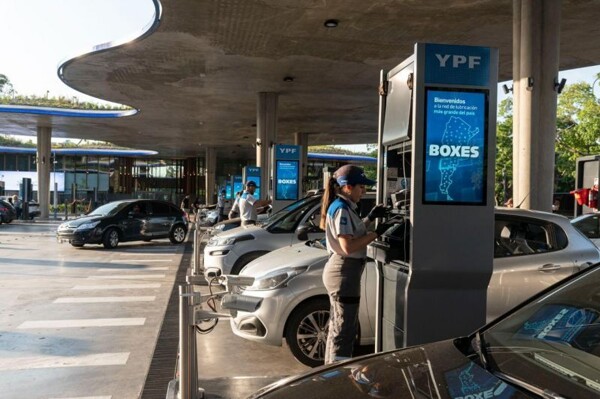
A recently shared viral video showed Spanish tourists surprised by the high prices in a store in Buenos Aires, highlighting the disconnect between the local and international markets. The current situation in Argentina reflects a scenario where Argentinians prefer to fill their suitcases abroad, evidencing a disregard for the local currency that is not sustainable in the long term.
The Argentine economy, historically closed, already had high prices before the implementation of the current economic program in December 2023, which caused a significant appreciation of the peso against the dollar. Despite this, prices in the country are still considered excessive by the Argentinians themselves. The recent news of the closure of a shoe factory in Coronel Suárez, putting 350 jobs at risk, coincided with a growing interest in purchasing footwear abroad.
Even the Minister of Economy has been mentioned buying shoes in the United States, highlighting this trend. This situation is replicated in other sectors such as appliances, where prices in shopping centers in Santiago de Chile are more attractive compared to those in Argentina. This situation has raised concerns about the Central Bank's dollar reserves and potential future economic consequences.
In this context of dollar appreciation, Argentinians have come to normalize the significant price difference in everyday products, even paying double or more for them compared to other nations. The solution to this could lie in eliminating restrictions imposed by certain business sectors, which have contributed to creating an environment of unattainable prices for the local population.
It is essential to address the price disparity in products such as dishwashers, cell phones, and kitchen furniture, which present inflated costs due to monopoly structures and local importers. Despite the challenges facing the local industry, it is evident that competing with factories in Southeast Asia is almost an impossible task for Argentine producers.
Before the current situation, it was Brazilians and Chileans who came to Argentina in search of deals, but the trend has reversed. It is crucial to avoid excessive customs controls for tourists returning to the country, as it would be a disrespect to those who wish to enjoy their experience abroad.













